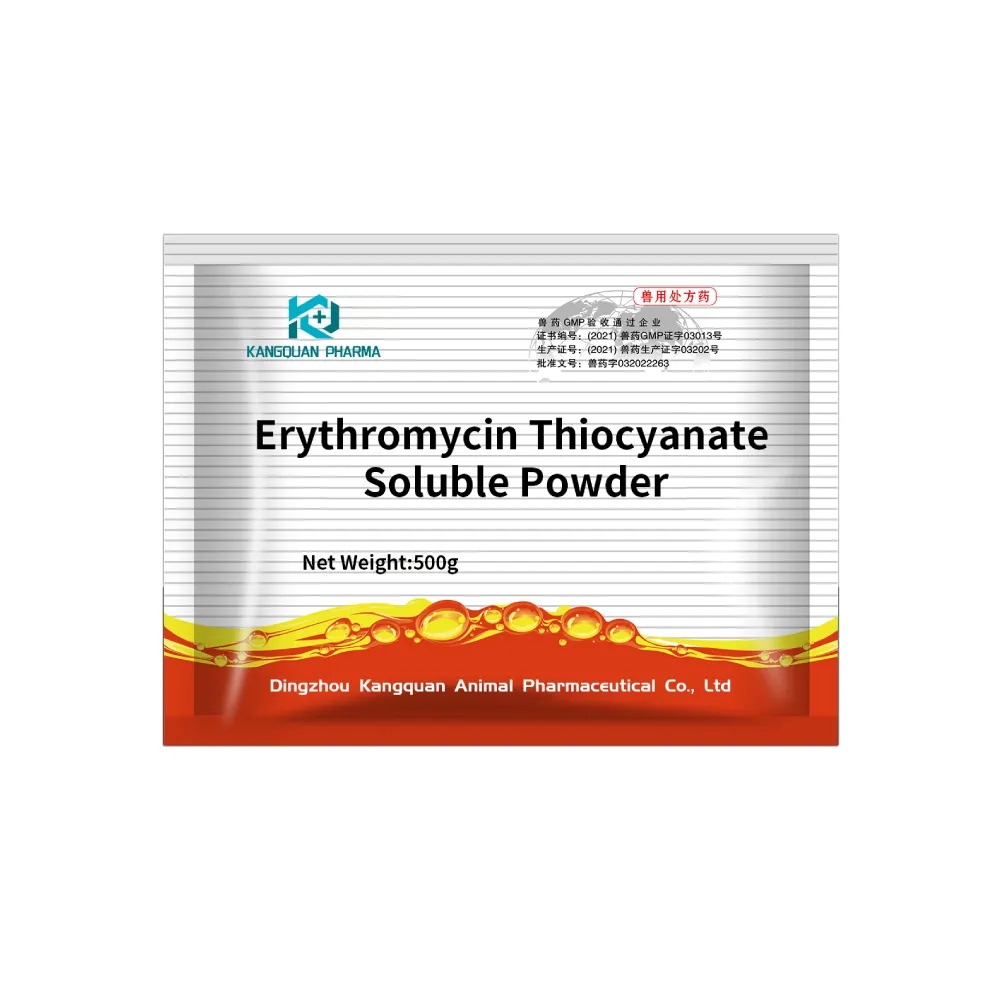- Afrikaans
- Albanian
- Amharic
- Arabic
- Armenian
- Azerbaijani
- Basque
- Belarusian
- Bengali
- Bosnian
- Bulgarian
- Catalan
- Cebuano
- Corsican
- Croatian
- Czech
- Danish
- Dutch
- English
- Esperanto
- Estonian
- Finnish
- French
- Frisian
- Galician
- Georgian
- German
- Greek
- Gujarati
- Haitian Creole
- hausa
- hawaiian
- Hebrew
- Hindi
- Miao
- Hungarian
- Icelandic
- igbo
- Indonesian
- irish
- Italian
- Japanese
- Javanese
- Kannada
- kazakh
- Khmer
- Rwandese
- Korean
- Kurdish
- Kyrgyz
- Lao
- Latin
- Latvian
- Lithuanian
- Luxembourgish
- Macedonian
- Malgashi
- Malay
- Malayalam
- Maltese
- Maori
- Marathi
- Mongolian
- Myanmar
- Nepali
- Norwegian
- Norwegian
- Occitan
- Pashto
- Persian
- Polish
- Portuguese
- Punjabi
- Romanian
- Russian
- Samoan
- Scottish Gaelic
- Serbian
- Sesotho
- Shona
- Sindhi
- Sinhala
- Slovak
- Slovenian
- Somali
- Spanish
- Sundanese
- Swahili
- Swedish
- Tagalog
- Tajik
- Tamil
- Tatar
- Telugu
- Thai
- Turkish
- Turkmen
- Ukrainian
- Urdu
- Uighur
- Uzbek
- Vietnamese
- Welsh
- Bantu
- Yiddish
- Yoruba
- Zulu
7 月 . 25, 2024 11:23 Back to list
Evaluation of dexamethasone sodium phosphate injection effectiveness in treating COVID-19 patients and outcomes
Dexamethasone Sodium Phosphate Injection for COVID-19 A Vital Therapeutic Tool
The COVID-19 pandemic has posed unprecedented challenges to global health systems, prompting an urgent search for effective treatments. Among various therapeutic options explored, dexamethasone sodium phosphate injection has emerged as a significant tool in managing severe cases of COVID-19. This article delves into its mechanism of action, clinical applications, and the implications for patient care.
Dexamethasone is a synthetic corticosteroid that exhibits potent anti-inflammatory and immunosuppressive properties. It works by inhibiting the release of inflammatory mediators, reducing the immune response that can lead to the deleterious effects of an overactive immune system, often termed a “cytokine storm.” In the context of COVID-19, particularly in patients with severe respiratory distress, the use of dexamethasone has been shown to facilitate recovery by modulating the immune response and alleviating pulmonary inflammation.
Clinical trials have demonstrated the profound impact of dexamethasone on patient outcomes. The RECOVERY trial, a large-scale study conducted in the UK, found that dexamethasone effectively reduced mortality among hospitalized patients requiring supplemental oxygen or mechanical ventilation. Specifically, it was associated with a reduction in mortality rates by one-third in patients on invasive ventilation and one-fifth in those on oxygen alone. These findings have influenced treatment guidelines worldwide, establishing dexamethasone as a standard of care for managing severe COVID-19 cases.
dexamethasone sodium phosphate injection for covid

The administration of dexamethasone sodium phosphate is typically via intravenous injection, allowing for rapid distribution and action within the body. This method is beneficial in a hospital setting, where timely intervention can be critical in managing patients with acute respiratory distress syndrome (ARDS)—a common complication of severe COVID-19. The dosing regimen generally involves an initial dose followed by a tapering schedule, carefully monitored to balance efficacy and minimize the risk of potential side effects.
Despite its benefits, the use of dexamethasone is not without considerations. It is crucial to initiate treatment at the right clinical stage; administering dexamethasone in the early phases of COVID-19, especially in patients without respiratory distress, may be detrimental by suppressing the immune response necessary for viral clearance. Therefore, clinical judgment is essential in determining the appropriate timing and patient selection for dexamethasone therapy.
Another important aspect of dexamethasone use in COVID-19 treatment is its cost-effectiveness and accessibility. Dexamethasone is widely available and relatively inexpensive compared to other novel therapies, making it an attractive option for resource-limited settings. Its inclusion in treatment protocols has the potential to significantly improve outcomes in low- and middle-income countries, where healthcare resources may be constrained.
In conclusion, dexamethasone sodium phosphate injection plays a pivotal role in the treatment of severe COVID-19 cases, providing a critical therapeutic option that enhances patient outcomes. Its effectiveness in reducing mortality rates among hospitalized patients underlines the importance of targeted, evidence-based interventions in the management of COVID-19. As the pandemic continues to evolve, ongoing research will be essential in refining treatment protocols and ensuring the best possible care for patients affected by this virus. The lessons learned from the application of dexamethasone will undoubtedly influence the management of future infectious disease outbreaks, underscoring the importance of timely and effective pharmacological interventions in critical care settings.
-
The Power of Radix Isatidis Extract for Your Health and Wellness
NewsOct.29,2024
-
Neomycin Sulfate Soluble Powder: A Versatile Solution for Pet Health
NewsOct.29,2024
-
Lincomycin Hydrochloride Soluble Powder – The Essential Solution
NewsOct.29,2024
-
Garamycin Gentamicin Sulfate for Effective Infection Control
NewsOct.29,2024
-
Doxycycline Hyclate Soluble Powder: Your Antibiotic Needs
NewsOct.29,2024
-
Tilmicosin Premix: The Ultimate Solution for Poultry Health
NewsOct.29,2024













